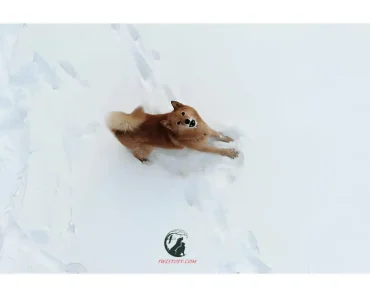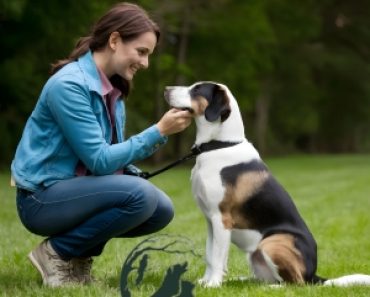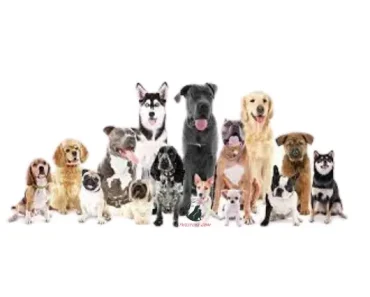Senior dogs require special care and attention to ensure they remain comfortable and happy in their golden years. In this comprehensive guide, we will explore various tips and strategies for caring for senior dogs, ensuring they enjoy a high quality of life. From diet and exercise to regular vet check-ups, we’ll cover it all. Let’s dive in!
Understanding the Needs of Senior Dogs
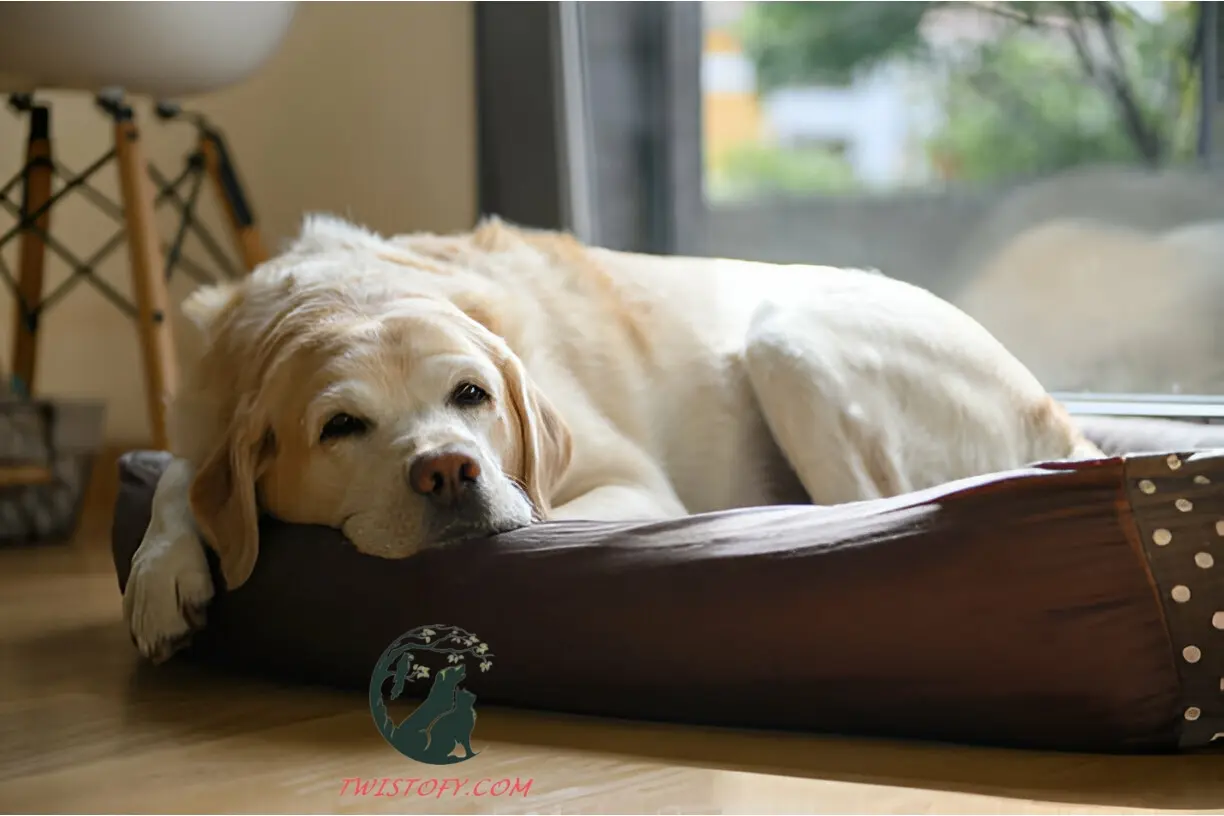
senior dogs
Recognizing the Signs of Aging
Before we get into the specifics of care, it’s essential to recognize the signs of aging in dogs. These can include:
- Decreased Mobility: Difficulty in climbing stairs or jumping onto furniture.
- Changes in Appetite: Either a decrease or an increase in food intake.
- Behavioral Changes: Increased sleeping, confusion, or irritability.
- Physical Changes: Graying fur, weight gain, or loss.
Why Senior Dog Care is Crucial
Providing proper care for senior dogs is vital for several reasons:
- Comfort: As dogs age, they may experience discomfort or pain due to arthritis or other conditions.
- Health: Older dogs are more prone to illnesses and health issues.
- Quality of Life: Ensuring they remain active and engaged can improve their overall well-being.
Nutrition for Senior Dogs
Adjusting Their Diet
As dogs age, their metabolism slows down, and their dietary needs change.
- High-Quality Protein: Ensure their diet includes easily digestible proteins.
- Fiber: Helps with digestion and can prevent constipation.
- Essential Fatty Acids: Omega-3 and Omega-6 fatty acids support joint health and coat condition.
- Reduced Calories: To prevent obesity, which can exacerbate health issues.
Supplements for Senior Dogs
Consider adding the following supplements to their diet:
- Glucosamine and Chondroitin: Support joint health.
- Antioxidants: Help combat oxidative stress.
- Probiotics: Aid in digestion and gut health.
Exercise and Activity
Tailoring Exercise to Their Abilities
While senior dogs may not be as spry as they once were, regular exercise is still crucial. Here are some tips:
- Low-Impact Activities: Gentle walks, swimming, and light play.
- Consistency: Regular, shorter sessions rather than long, infrequent bursts.
- Monitoring: Keep an eye on their energy levels and adjust accordingly.
Mental Stimulation
- Puzzle Toys: Engage their minds and provide entertainment.
- Training: Continue with gentle training sessions.
- Social Interaction: Regular interaction with other dogs and people.
Health Care and Vet Visits
Regular Vet Check-Ups
Frequent veterinary visits are crucial for senior dogs. Aim for at least twice a year, or more if your vet recommends it. During these visits, the vet will:
- Perform Physical Exams: Check for any signs of health issues.
- Monitor Chronic Conditions: Manage ongoing issues like arthritis or diabetes.
- Update Vaccinations: Ensure they’re protected from diseases.
Common Health Issues in Senior Dogs
Be aware of common health problems that can affect older dogs:
- Arthritis: Causes pain and decreased mobility.
- Dental Disease: Can lead to pain and difficulty eating.
- Kidney Disease: Requires special dietary management.
- Heart Disease: Needs regular monitoring and medication.
Creating a Comfortable Environment
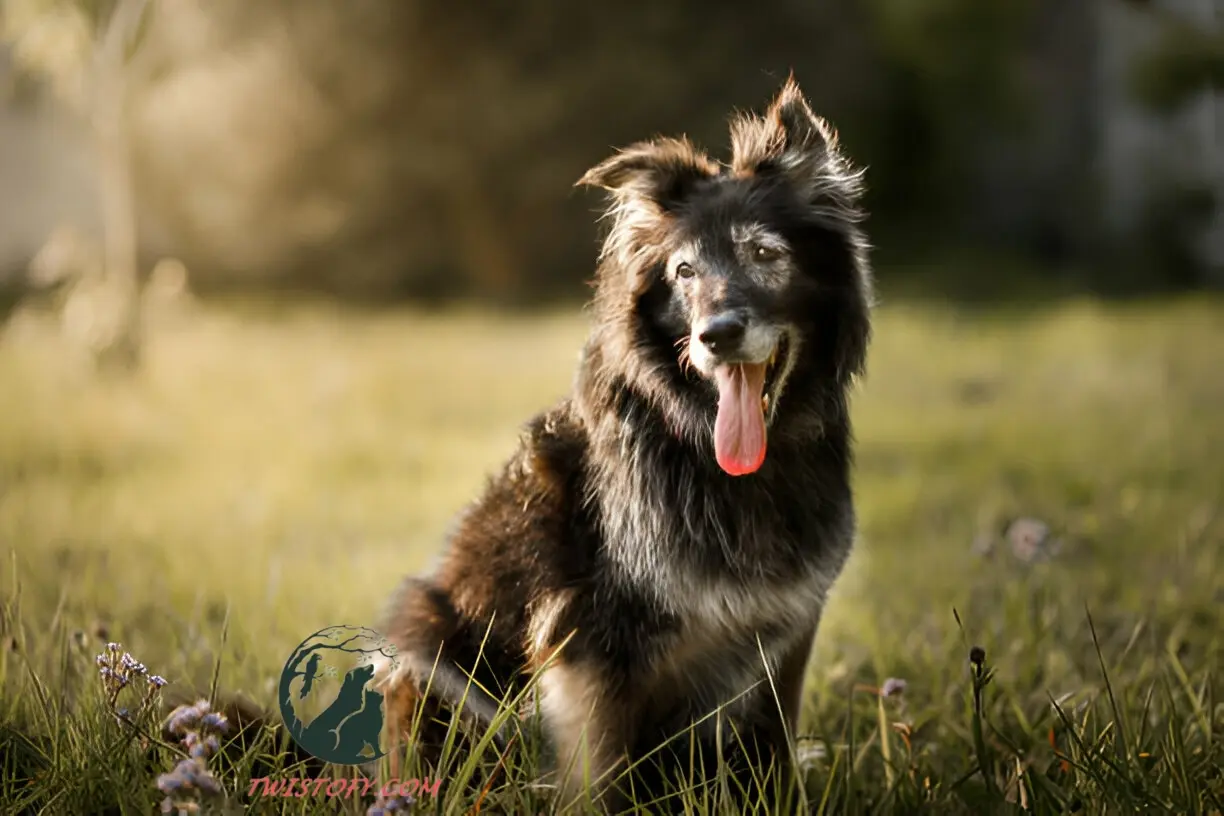
senior dogs
Modifying Your Home
Small changes around the home can make a big difference for your senior dog:
- Ramps and Steps: Help them access favorite spots without jumping.
- Non-Slip Rugs: Prevent slipping on hard floors.
- Orthopedic Beds: Provide extra support for aching joints.
Monitoring and Managing Pain
Recognizing Pain in Senior Dogs
Dogs are often stoic, but there are signs to watch for:
- Limping or Stiffness: Especially after resting.
- Whimpering or Yelping: When moving or being touched.
- Changes in Behavior: Irritability or withdrawal.
Pain Management Options
There are several ways to manage your senior dog’s pain:
- Medications: Prescribed by your vet.
- Physical Therapy: Helps maintain mobility and reduce pain.
- Alternative Therapies: Acupuncture or massage can provide relief.
Enhancing Quality of Life
Engaging Activities
Keep your senior dog engaged with activities they enjoy:
- Gentle Play: Soft toys or low-energy games.
- Exploring: Short, supervised outings to new places.
- Companionship: Spend quality time with them.
Special Considerations
Each senior dog is unique, so tailor their care to their specific needs:
- Diet Adjustments: Based on their health and preferences.
- Activity Levels: Match their energy and mobility.
- Emotional Needs: Provide comfort and reassurance.
Enhancing Nutrition and Diet for Senior Dogs
Specialized Senior Dog Food
When selecting food for your senior dog, consider opting for formulas specifically designed for older canines. These foods are typically:
- Lower in Calories: Helps prevent weight gain.
- Higher in Fiber: Promotes digestive health.
- Enhanced with Supplements: Often contain added glucosamine and chondroitin for joint support.
Home-Cooked Meals and Treats
Some dog owners prefer to prepare homemade meals and treats, ensuring they know exactly what their dog is consuming. If you go this route, consult with a veterinarian or a pet nutritionist to ensure meals are balanced and meet all nutritional needs.
Simple Recipe Ideas:
- Chicken and Rice: A bland, easily digestible meal that’s gentle on the stomach.
- Sweet Potato Chews: A healthy and natural treat option.
- Vegetable Medley: Steamed carrots, green beans, and peas for added vitamins.
Hydration is Key
Older dogs might not drink as much water, which can lead to dehydration. Ensure your senior dog stays hydrated by:
- Providing Fresh Water: Change the water frequently to keep it appealing.
- Adding Water to Food: Mix water into their dry food or serve wet food.
- Offering Broth: Low-sodium chicken or beef broth can encourage them to drink more.
Ensuring Adequate Exercise for Senior Dogs
Indoor Activities
For days when going outside isn’t an option, indoor activities can help keep your senior dog active:
- Tug-of-War: A gentle game that can be played at their pace.
- Hide and Seek: Hide treats around the house to stimulate their mind and body.
- Interactive Toys: Use toys that dispense treats to encourage movement and engagement.
Outdoor Adventures
When weather permits, outdoor activities provide fresh air and stimulation:
- Short Walks: Frequent, shorter walks are better than one long trek.
- Swimming: A low-impact exercise that’s easy on the joints.
- Dog Park Visits: Socializing with other dogs can be both fun and stimulating.
Regular Health Checks and Preventive Care
Dental Care
Dental health is crucial for senior dogs, as dental disease can lead to pain and other health issues. Maintain their dental hygiene by:
- Brushing Their Teeth: Use dog-specific toothpaste and brush regularly.
- Dental Treats: Provide treats designed to reduce tartar buildup.
- Professional Cleanings: Schedule regular cleanings with your vet.
Eye and Ear Health
Older dogs may develop issues with their eyes and ears. Regular checks can prevent complications:
- Eye Cleanliness: Wipe their eyes gently to prevent infections.
- Ear Checks: Clean their ears regularly and watch for signs of infection, like redness or a foul smell.
Creating a Safe and Comfortable Environment
Senior Dog-Proofing Your Home
As mobility decreases, making your home safer can prevent accidents:
- Block Off Stairs: Use baby gates to prevent falls.
- Remove Clutter: Keep floors clear to avoid tripping hazards.
- Accessible Food and Water: Ensure their bowls are easy to reach.
Comfortable Sleeping Arrangements
A comfortable bed is essential for a senior dog’s rest:
- Orthopedic Beds: Provide support for joints and alleviate pain.
- Heated Beds: Help soothe aches and pains, especially in colder weather.
- Easy Access: Place their bed in a quiet, easily accessible area.
Emotional and Psychological Well-being
Companionship and Interaction
Senior dogs may become more dependent on human interaction as they age:
- Spend Quality Time: Regularly sit with them, pet them, and speak to them softly.
- Gentle Massage: Helps with relaxation and bonding.
- Routine: Keep a consistent daily routine to reduce stress and anxiety.
Addressing Anxiety and Confusion
Older dogs might experience cognitive decline, leading to confusion or anxiety:
- Consistent Routine: Helps them feel secure.
- Calming Products: Use products like calming collars or diffusers that release soothing pheromones.
- Veterinary Consultation: Discuss medications or supplements that might help with cognitive issues.
Coping with End-of-Life Decisions
Recognizing Quality of Life
As difficult as it is, recognizing when your dog’s quality of life is declining is crucial:
- Monitor Symptoms: Chronic pain, inability to eat or drink, and lack of interest in activities.
- Vet Consultations: Regularly discuss your dog’s condition with your vet.
Making the Decision
Deciding when it’s time to say goodbye is heart-wrenching but sometimes necessary:
- Consider At-Home Euthanasia: For a more peaceful experience in a familiar setting.
- Support and Counseling: Seek support from friends, family, or pet loss counselors.
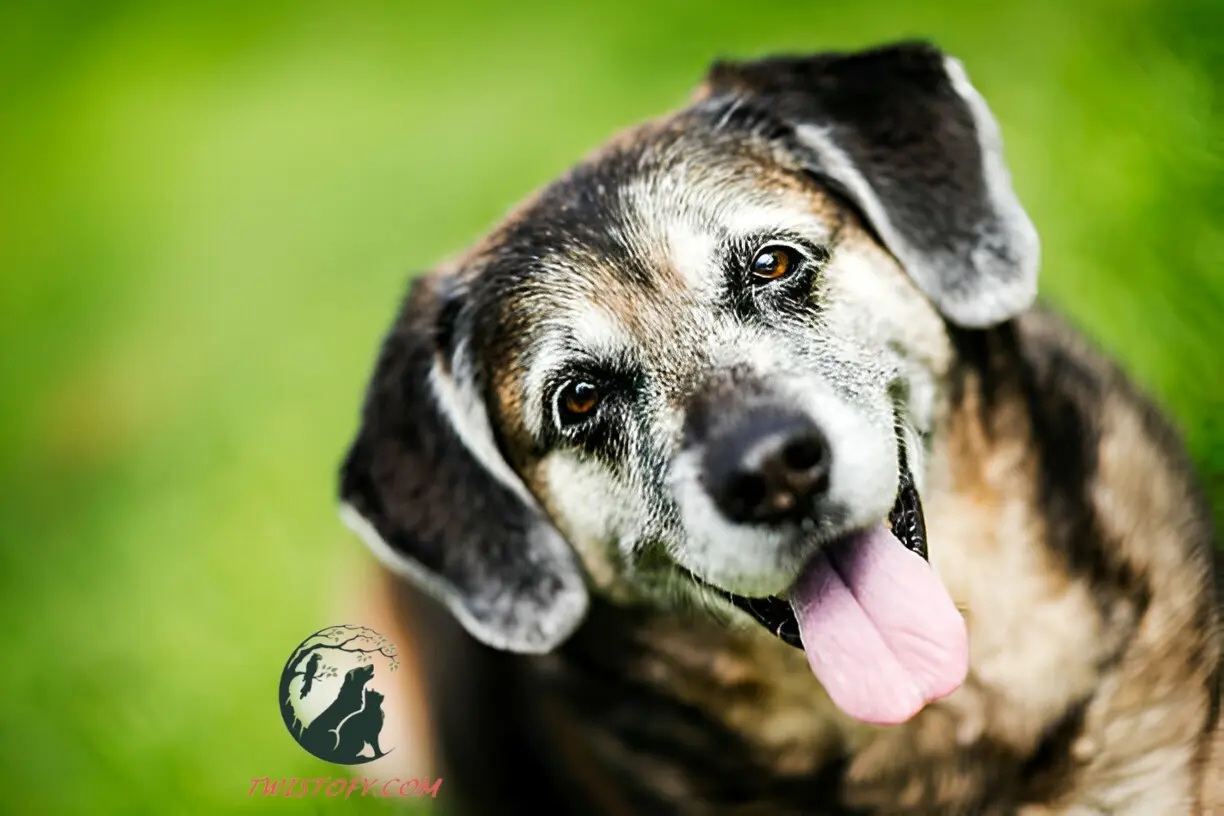
senior dogs
Conclusion
- Caring for senior dogs requires patience, love, and a bit of extra effort, but the rewards are immense. By understanding their needs and making thoughtful adjustments to their diet, exercise, and environment, you can ensure your furry friend enjoys their golden years to the fullest. Remember, every senior dog is unique, so always tailor your care approach to fit their individual needs.
- Your loyal companion has given you years of joy and companionship; now it’s your turn to ensure their later years are as comfortable and fulfilling as possible. By following these tips and staying attentive to their changing needs, you’ll be providing the best care for your senior dog, ensuring they remain happy and healthy throughout their golden years.



